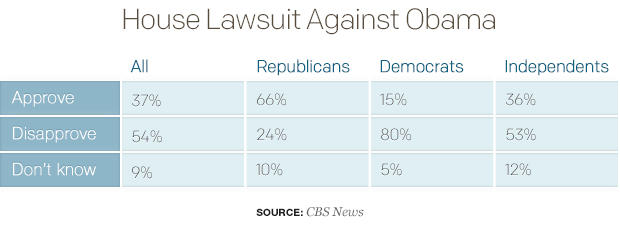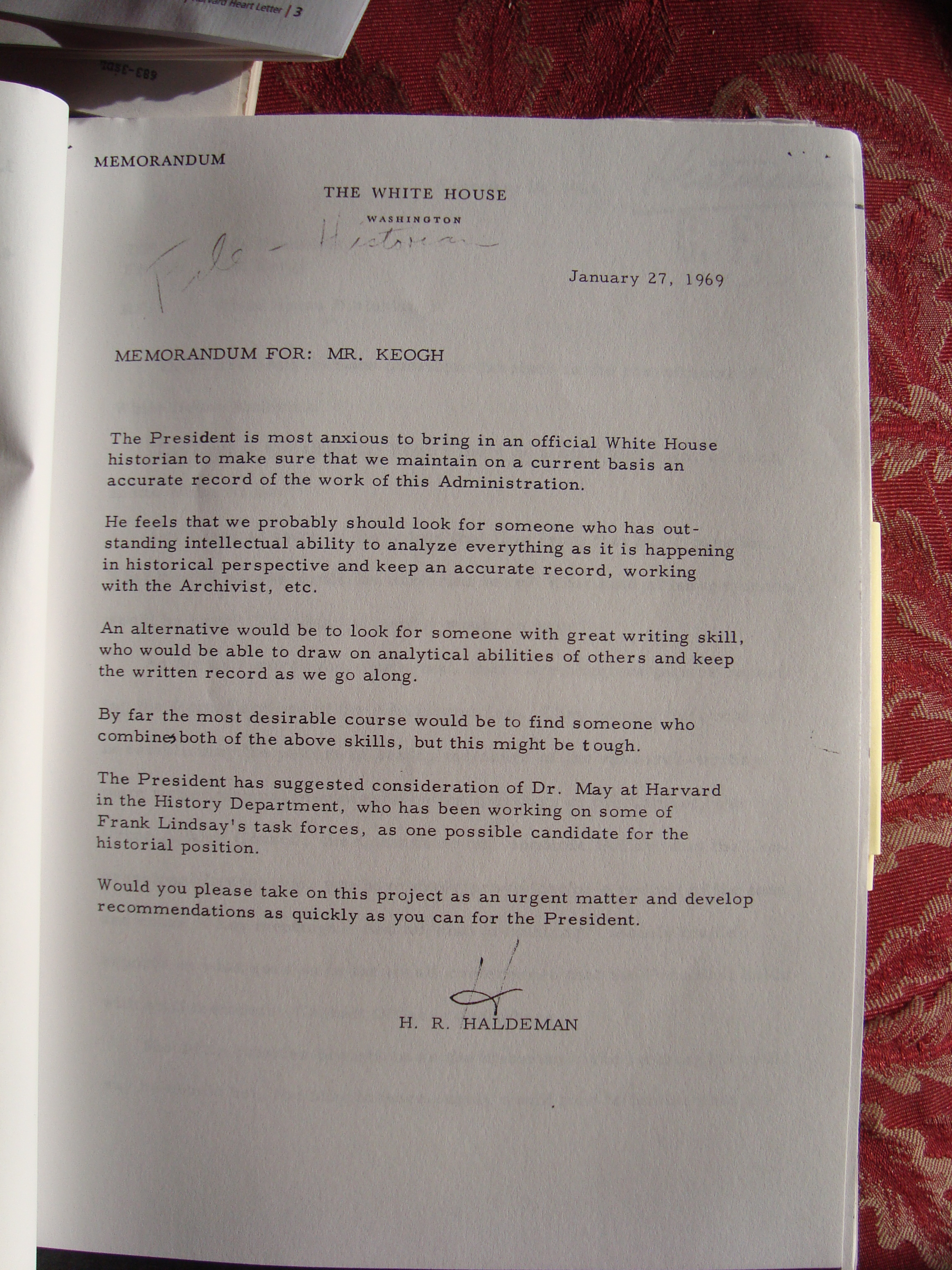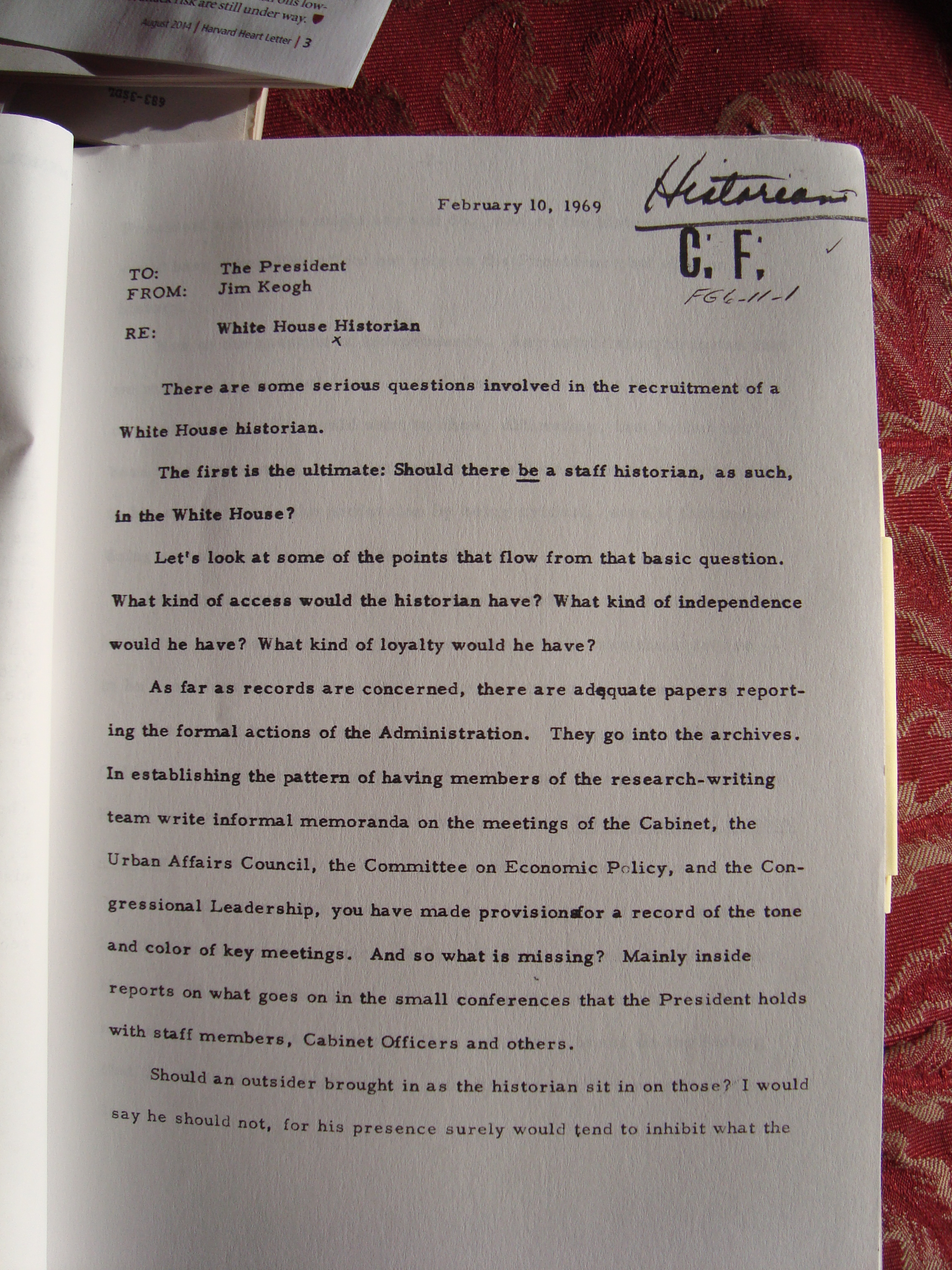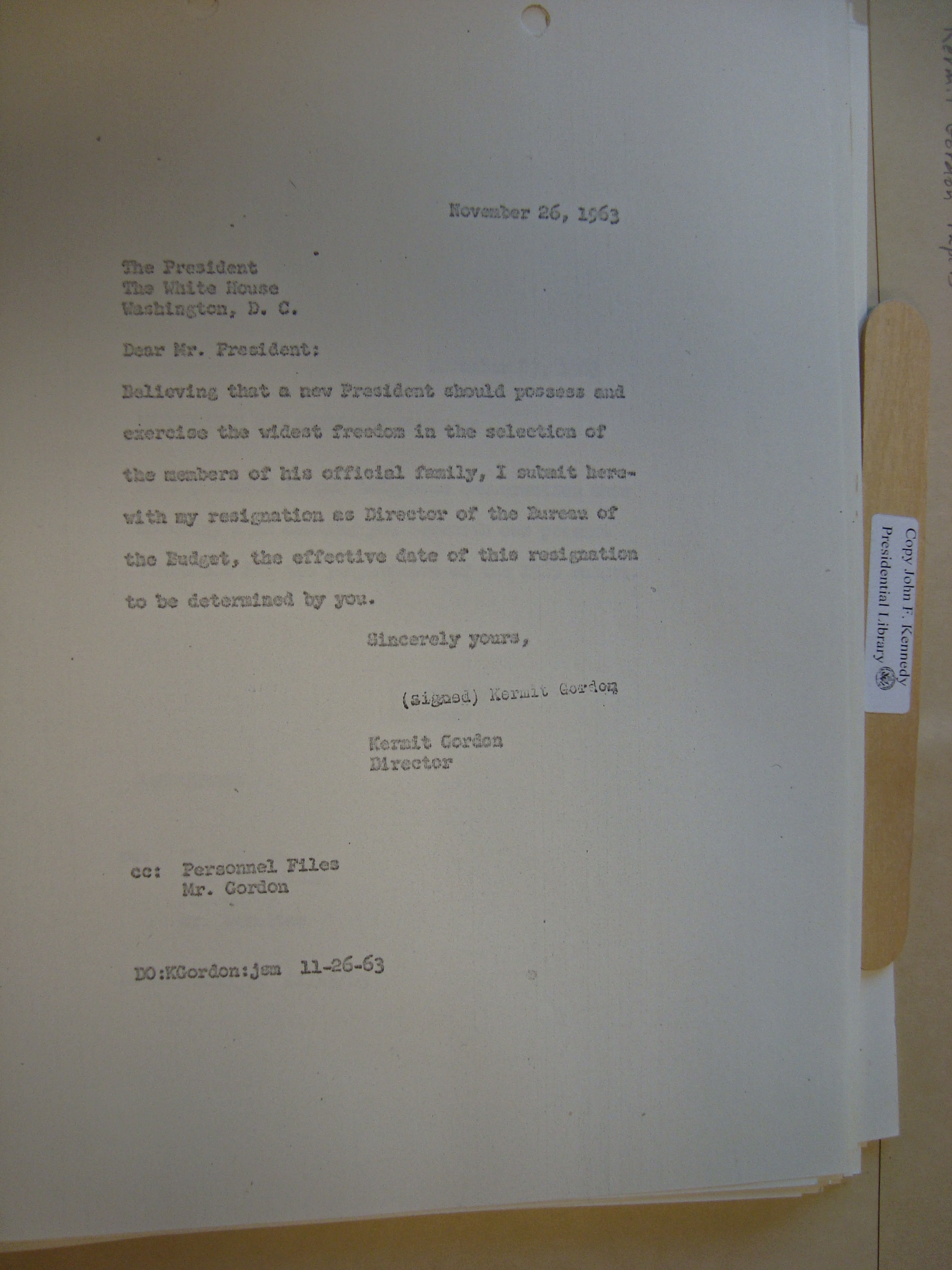A week ago Larry Summers, the former Clinton Treasury secretary and Obama economic adviser, came out with this op ed piece that proposed a way of “ending presidents’ second term curse.” By curse, Summers’ refers to a recurring pattern of both legislative gridlock and political scandal that he believes characterizes the second term of presidents dating back at least to FDR’s presidency. As he summarizes, “Second presidential terms are almost without exception very difficult for the president and his team, for the government and for the country.” To break this pattern, Summers argues that we should consider a single presidential term of perhaps six years: “Would the U.S. government function better if presidents were limited to one term, perhaps of six years? The unfortunate, bipartisan experience with second terms suggests the issue is worthy of debate. The historical record helps makes the case for change.”
To be sure, Summers acknowledges that one reason second terms are problematic is that the 22nd amendment essentially relegates presidents who win reelection to four years of lame-duck status. Restricting a president to a single-term without the possibility of reelection would only mean the president becomes a lameduck that much earlier. For Summers, however, the “problems caused by lame-duck effects are much smaller than those caused by a toxic combination of hubris and exhaustion after the extraordinary effort that a president and his team must exert to achieve reelection.”
What are we to make of Summers’ proposal? To begin, as Andy Rudalevige points out, there’s nothing particularly novel about Summers’ recommendation. In fact, delegates to the 1787 constitutional convention charged with drawing up a framework for the presidency initially gravitated toward establishing one seven-year presidential term. Since then amendments to this effect have been proposed in Congress on at least 160 different occasions, dating back at least to 1826. Of perhaps greater significance, at least 15 presidents have endorsed a single presidential term. Clearly Summers’ proposal has a long and impressive pedigree.:
So why hasn’t it been implemented? To begin, not everyone agrees with Summers’ diagnosis, never mind his proposed solution. As Jonathan Bernstein points out, the roots of some of the second-term scandals and policy fiascos, such as Watergate or Bush’s Iraq debacle, actually trace back to a president’s first term. Moreover, it’s not clear that the imposition of formal term limits via the 22nd amendment significantly weakened a presidency whose previous occupants almost always adhered to the two-term limit by tradition. To this I would add that one reason second terms seem less productive is that most of the low-hanging legislative fruit is typically picked early during the president’s time in office, leaving the problems that lack either a ready solution, or political support – or both – for the second term. In short, the lack of legislative productivity may be more a function of dwindling opportunities for success, and not a president’s weakened political state. More generally, James Hedtke finds no convincing evidence that second-term presidents are weaker as a result of their ineligibility to run again.
Nonetheless, as I have noted elsewhere in an argument that foreshadows Summers’, second terms do seem to present their own problems, usually in the form of policy overreach or scandal. The explanation seems rooted in part, I think, by a decline in presidents’ and their aides’ political sensitivity combined with a heightened focus on their historical legacy as their time in office winds down. The result is a greater tendency toward risk taking during a second term. If this diagnosis is true, however, it is not clear that a single six or seven-year term will obviate the problem since presidents who are ineligible to run again would lack any incentive to remain sensitive to constituents’ concerns. This has led some reformers to advocate repealing the 22nd amendment, thus effectively returning to the Founders’ original constitutional framework that allowed presidents unlimited eligibility to seek reelection.
Before embracing that proposal, however, it is worth looking more closely at why the 22nd amendment was passed. Analysts often assume it was Republican payback for the Democratic Franklin Roosevelt’s long tenure as president. But, as Michael Korzi’s excellent study of presidential terms limits reveals, while partisan payback was part of the impetus for the 22nd amendment, the debate in 1947 over the proposed reform was far more nuanced, and in many respects reprised the arguments for and against presidential term limits that were aired during the constitutional convention. Essentially, the debate pitted the Republican/Whig “constitutionalists’” concern to limit executive power against the Democrats’ “plebiscitary” model of leadership that sees a popularly elected president as, in Korzi’s words, “the engine of the U.S. political system, with the president deriving power from a strong connection with the American people.”
In assessing these competing visions, both sides too often forget that we have one empirical case in which to assess a president who broke the two-term limit: Franklin Delano Roosevelt. In assessing the Roosevelt case, supporters of unlimited reelection often cite how the nation benefited from FDR’s willingness to serve a third term on the eve of World War II. They argue that had the 22nd amendment been in place, we would have been prevented from drawing on his experience, with potentially catastrophic consequences.
However, rather than FDR’s decision to run for a third term in 1940, the more telling case for me is FDR’s decision to pursue a fourth term in 1944 despite obvious health issues. My concern here is not that FDR hid his failing health from the public – we have ample examples of presidents doing just that at all times in office. Instead, the more worrisome aspect of his decision to run again is that FDR, and his aides, seemed not to fully grasp the implications of his failing health. As Korzi writes, “The impression one is left with is that FDR and advisers engaged in self-delusion on a rather large scale.” Despite FDR’s haggard appearance, not to mention his cardiologist’s diagnosis in March 1944 that FDR had serious heart disease, Korzi argues that the “artificial atmosphere” associated with FDR’s long tenure as president “promotes arrogance and even self-deception, as if the normal rule – in this case, the simple laws of physiology – are not applicable to the president.” One consequence of that arrogance is that FDR didn’t seem to pay much attention in 1944 to who his vice president was going to be, and after Truman was chosen, FDR failed to include him in any discussions of the major issues with which the President was grappling.
In his magisterial study of the Presidency , Richard Neustadt notes approvingly, “Roosevelt had a love affair with power in that place.” Roosevelt, Neustadt writes, viewed the White House as “almost a family seat….and he regarded the whole country as almost a family property.” That conception of his place as president made FDR acutely sensitive, Neustadt argues, to protecting his sources of power in any decision he made. But there is a potential risk in this type of love affair – one exemplified, I think, by FDR’s decision to seek a fourth term. It is that presidents, and their advisers, may delude themselves into thinking they have become indispensable to the well-being of the nation. For most of our nation’s history, that temptation was held in check by virtue of the two-term tradition. As the plebiscitary mode of leadership has gained prominence, however, can we trust tradition alone to prevent presidents from seeking a third term? I, for one, am not willing to take that risk. If the 22nd amendment serves any purpose, then, it is to protect the nation against the arrogance of power associated with long tenure in office.
For notifications of future posts, join me on twitter at @MattDickinson44






